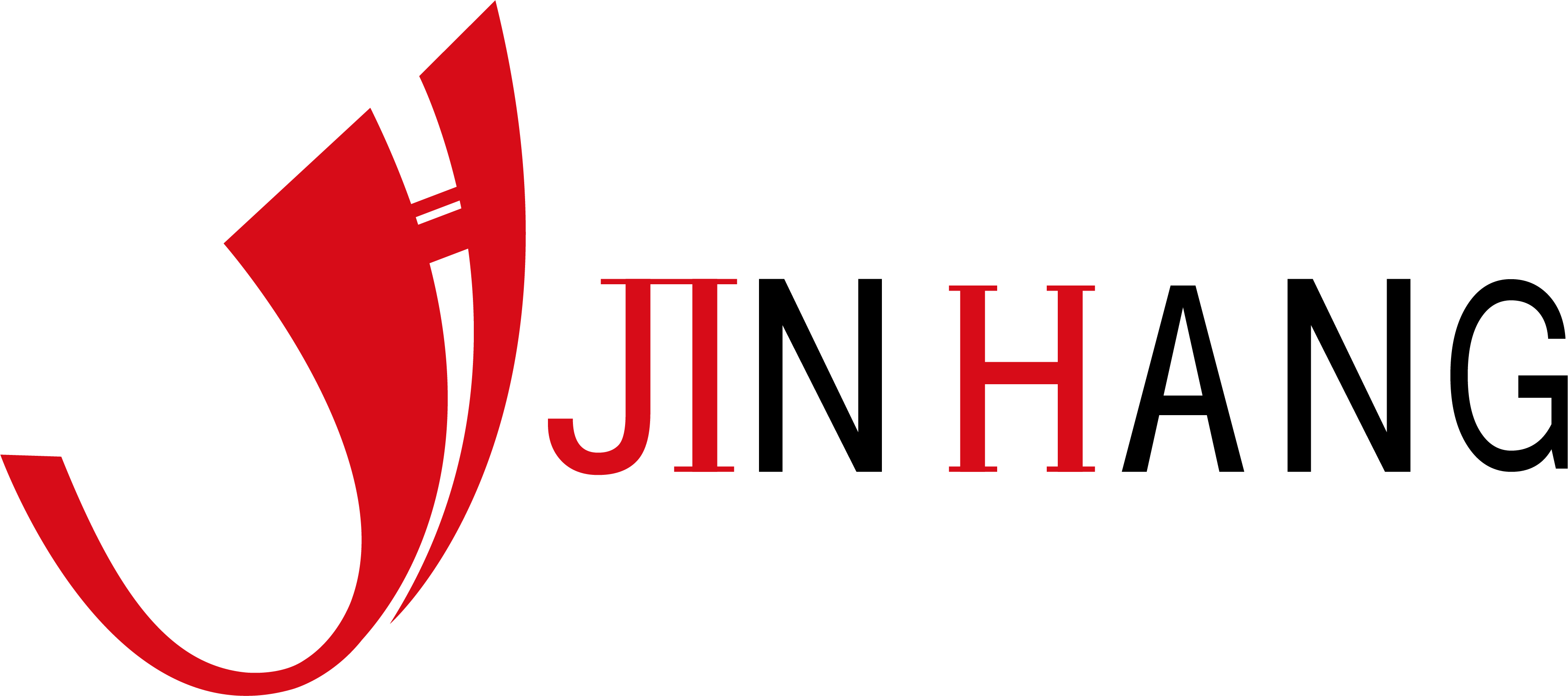What should I pay attention to when purchasing a corona roller?
In modern industrial production, the corona roller is a vital piece of equipment that is widely used in the surface treatment of materials such as plastic film, paper, and metal foil to improve adhesion and subsequent processing performance. However, due to the wide variety of corona roller products on the market, with large differences in performance, quality, and price, many companies may face difficulties in choosing when purchasing a corona roller.
To help companies make wise decisions, this article will analyze in detail the key points that need to be paid attention to when purchasing a corona roller from a factory, from technical parameters to supplier qualifications, and comprehensively analyze the core points of this process.
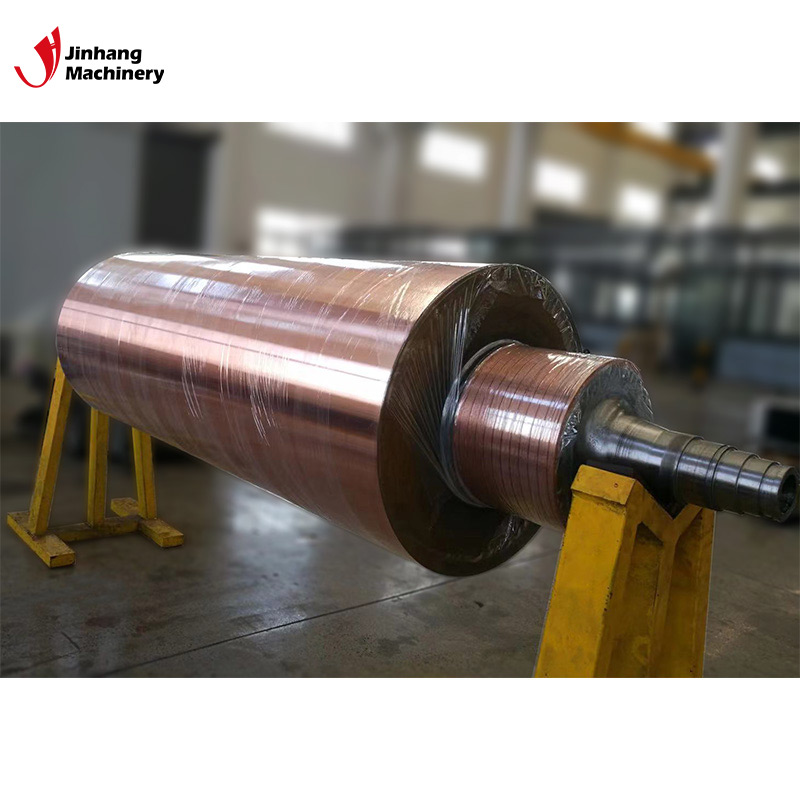
1. Clear requirements: understand the application scenarios of corona rollers
Before purchasing a corona roller, companies need to first clarify their own application requirements, which is the basis for choosing the right equipment. The following aspects are the key considerations when clarifying requirements:
Material type
Different materials have different performance requirements for corona rollers. For example, plastic films require higher surface energy, while metal foils require higher cleaning effects. Therefore, before purchasing a corona roller, it is necessary to accurately understand the types of materials that are mainly processed on the company's production line.
Production line speed
The speed of the production line directly determines the processing capacity of the corona roller. High-speed production lines need to be matched with high-performance corona rollers to ensure that stable processing effects can be maintained at high speeds.
Surface treatment requirements
For different processes such as printing, coating, and lamination, the specific processing effects of the corona roller may vary. Enterprises need to clarify the target surface energy value (in dynes/cm), as well as other performance indicators (such as wear resistance, adhesion, etc.).
Equipment compatibility
The corona roller needs to be compatible with existing production line equipment, including size, installation method, and control interface. Therefore, it is necessary to understand the specific specifications of the roller before purchasing.
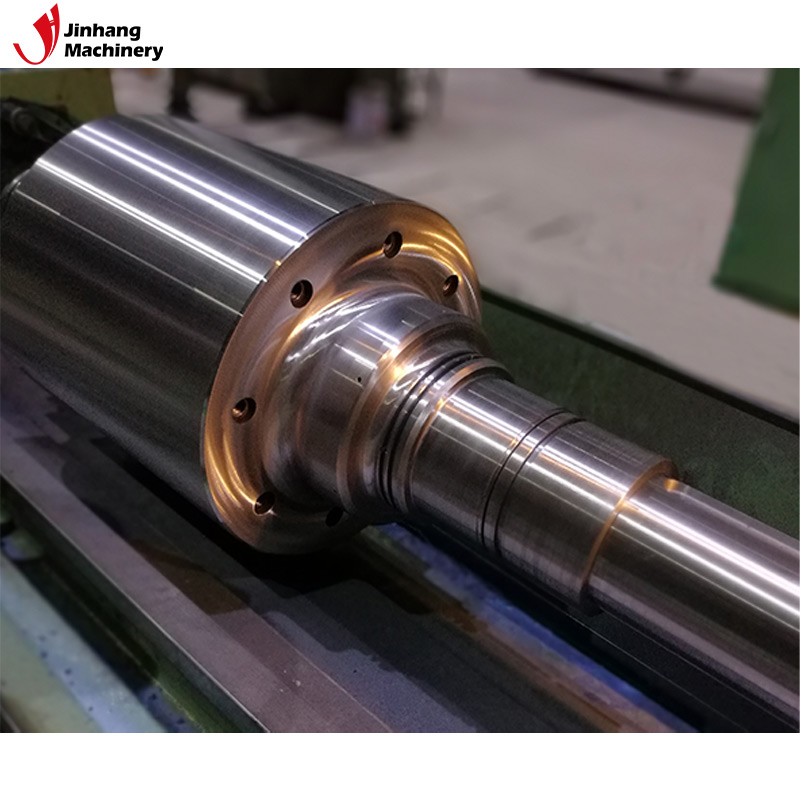
2. Technical parameters: the core basis for purchase
The performance of the corona roller is determined by its technical parameters. During the procurement process, the following key parameters need special attention:
Discharge voltage and frequency
The operating voltage of the corona roller is usually between 10-30 kV. The more stable the high voltage, the more uniform the processing effect. The frequency will also affect the processing effect. Generally, the AC power frequency is in the range of 20-30 kHz. Select the appropriate voltage and frequency according to the actual needs of the production line.
Roller material
The surface material of the corona roller is usually made of ceramic, silicone or Teflon, and different materials are suitable for different working conditions. For example, ceramic corona rollers are highly wear-resistant but heavy and suitable for high-intensity operations; silicone rollers are elastic and suitable for more fragile materials.
Surface roughness
The roughness of the corona roller surface will affect the stability of the material during processing. It is necessary to select the appropriate roller surface finish according to the material type to ensure that both uniform corona discharge and non-damage to the material surface can be generated.
Cooling system
Long-term operation will cause the corona roller to overheat, so whether the design of the cooling system is reasonable is directly related to the operating stability of the equipment. When purchasing, it is necessary to understand whether the corona roller is equipped with an effective air cooling or water cooling system.
Durability and maintenance convenience
The service life of the corona roller is an important indicator for measuring cost-effectiveness, and the design that is easy to clean and maintain can reduce downtime in daily operation.
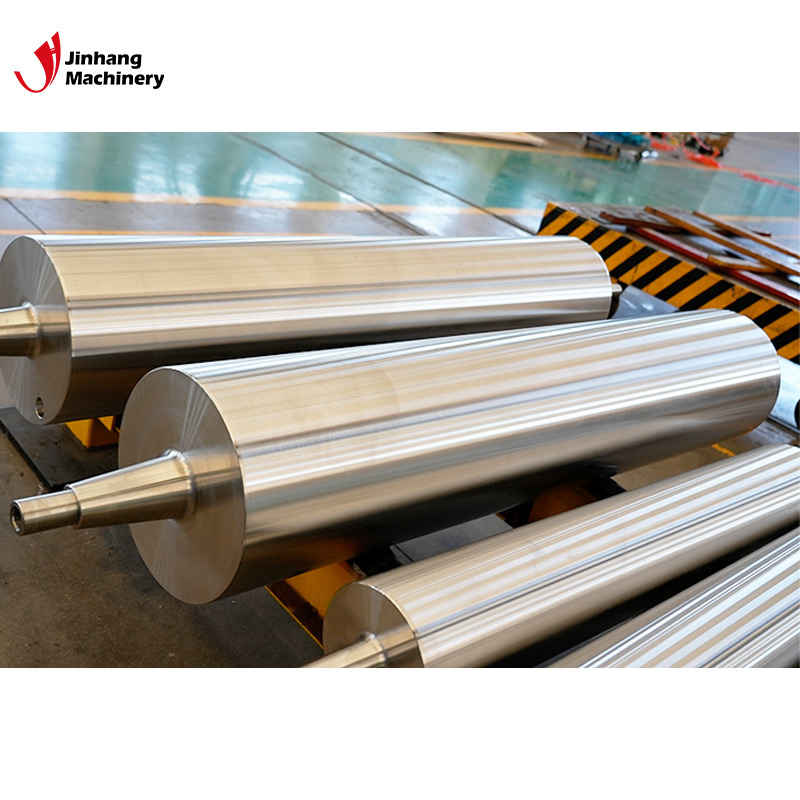
3. Supplier qualifications: Choose a reliable partner
As a high-precision equipment, it is crucial to choose a reliable supplier for the corona roller. The following aspects can help companies evaluate the qualifications and capabilities of corona roller suppliers:
Production experience and technical capabilities
High-quality corona roller suppliers usually have rich production experience and deep technical accumulation. They can not only provide high-quality products, but also customize personalized solutions according to customer needs.
Certification and quality standards
Make sure that the corona roller supplier has passed relevant quality certifications (such as ISO 9001) and strictly follows industry standard production equipment. This is the basic guarantee for product performance and stability.
Customer service and technical support
A reliable corona roller supplier should provide comprehensive pre-sales, in-sales and after-sales services, including technical consultation, equipment installation, use training and troubleshooting.
Market reputation and customer evaluation
By checking the reputation and customer evaluation of the corona roller supplier in the industry, you can understand the true performance of its products and services. Comparing with the use experience of other companies can also help judge its credibility.
4. Price and cost: pursue cost-effectiveness rather than low price
In the process of purchasing corona rollers, the price factor cannot be ignored, but pursuing cost-effectiveness rather than simply low price is a reasonable strategy. The following points are key to balance:
Initial cost of equipment
High-performance equipment usually comes with a higher initial investment, but in the long run, its stability and low failure rate can reduce subsequent maintenance costs.
Operation cost
Consider the energy consumption of the equipment, maintenance costs, and the cost of replacing consumables. For example, a low-energy corona roller is not only environmentally friendly, but also saves energy expenses in long-term use.
Potential for equipment upgrade
Some suppliers offer corona rollers with modular designs, which can add functional modules or upgrade components as needed. This flexibility can extend the life cycle of the equipment and improve the return on investment.
5. Equipment testing and acceptance: ensuring quality and performance
Testing and accepting the equipment before purchasing the corona roller is the last step to ensure that it meets production requirements. The following are key points to pay attention to during testing and acceptance:
Performance testing
The supplier should provide on-site testing services for the corona roller, demonstrate its processing effect under actual operating conditions, and record relevant performance data (such as dyne value changes, processing speed, etc.).
Equipment inspection
Carefully check the appearance quality of the corona roller, whether the electrode is firmly installed, whether the surface material is uniform and complete, and whether the power supply and cooling system are working properly.
Document delivery
During the acceptance process, ensure that the supplier provides complete technical documents, including operating manuals, maintenance guides, electrical wiring diagrams, and warranty documents.
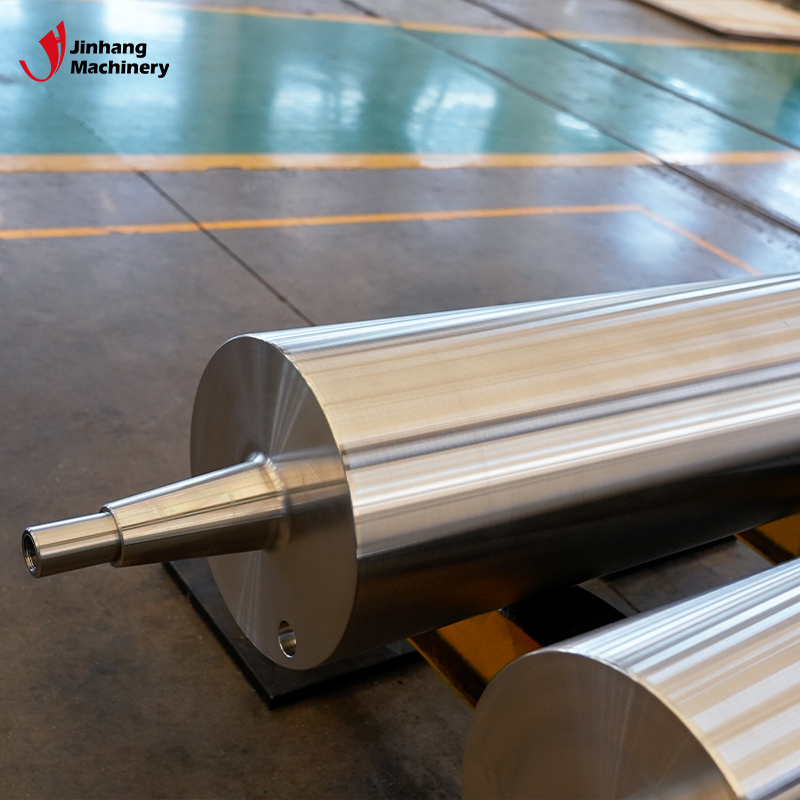
6. Contract and after-sales service: Reduce procurement risks
When signing a procurement contract, it is necessary to ensure that the terms and responsibilities are clear to protect the rights and interests of both parties. Focus on the following aspects:
Quality assurance clause
Clarify the warranty period and warranty scope of the equipment. For example, the warranty period of corona roller is usually between 1-3 years, and the responsibility for repairs and replacements during the warranty period needs to be clearly agreed upon.
Delivery and installation service
Ensure that the supplier delivers the equipment on time and provides professional installation and commissioning services. The commissioning of production line equipment requires certain technical support to avoid affecting normal production.
After-sales service commitment
Whether the supplier provides 24-hour technical support, whether the spare parts supply is sufficient, and whether the maintenance response time is reasonable are all important factors affecting the after-sales experience.
Industrial Rolls Supplier with Flexible MOQ and Custom Manufacturing
JH Machinery specializes in supplying industrial rolls with no compromise on quality or customization. Whether you require tungsten carbide-coated rolls, ceramic-patterned rolls, or electroplated rolls, we can manufacture according to your drawings and specifications. For purchasing, quotations, and promotions, connect with us today and experience hassle-free sourcing.
